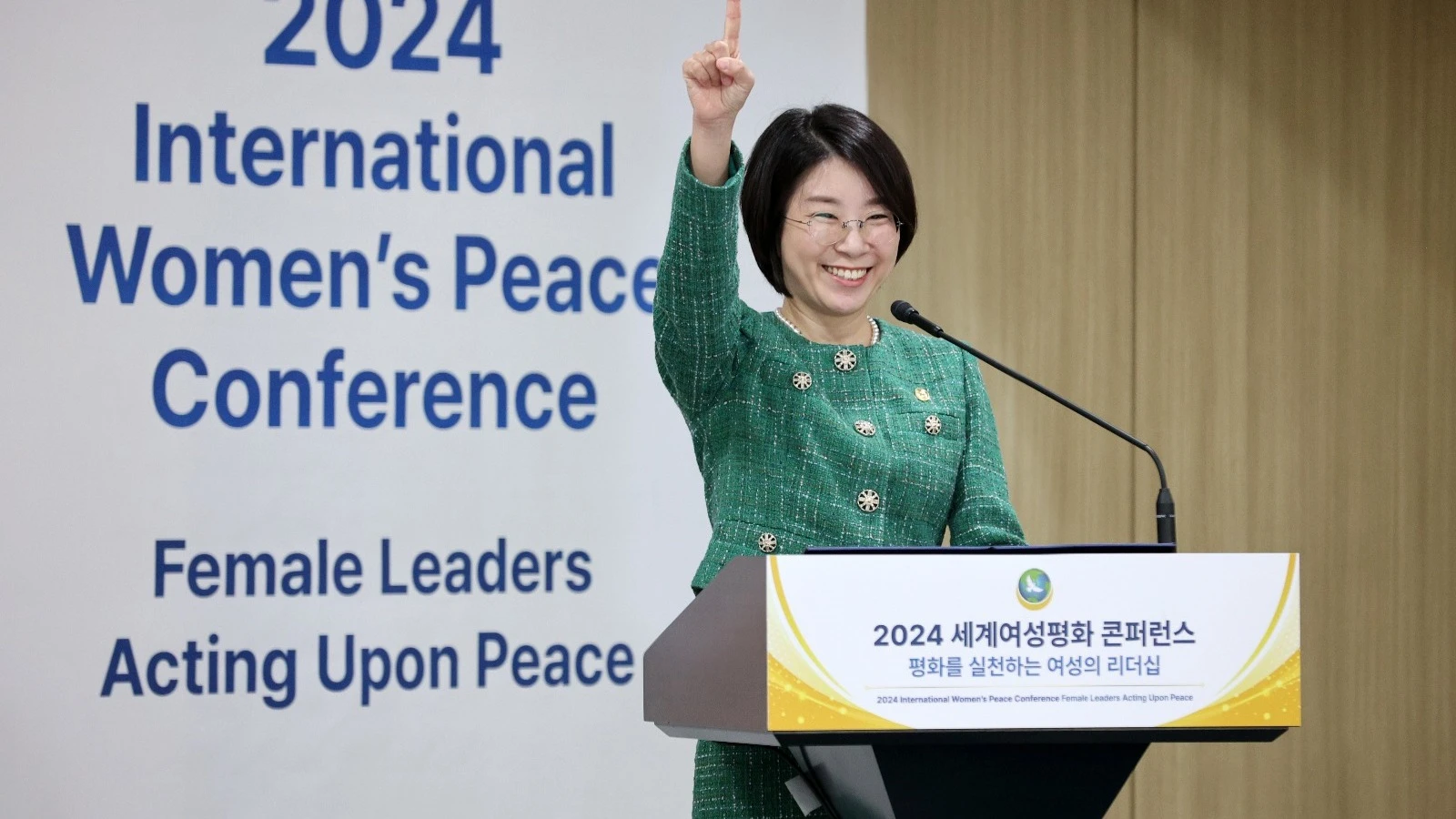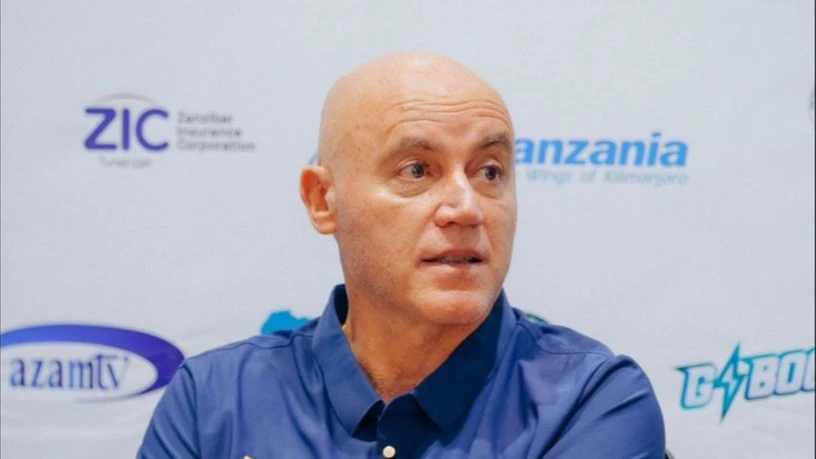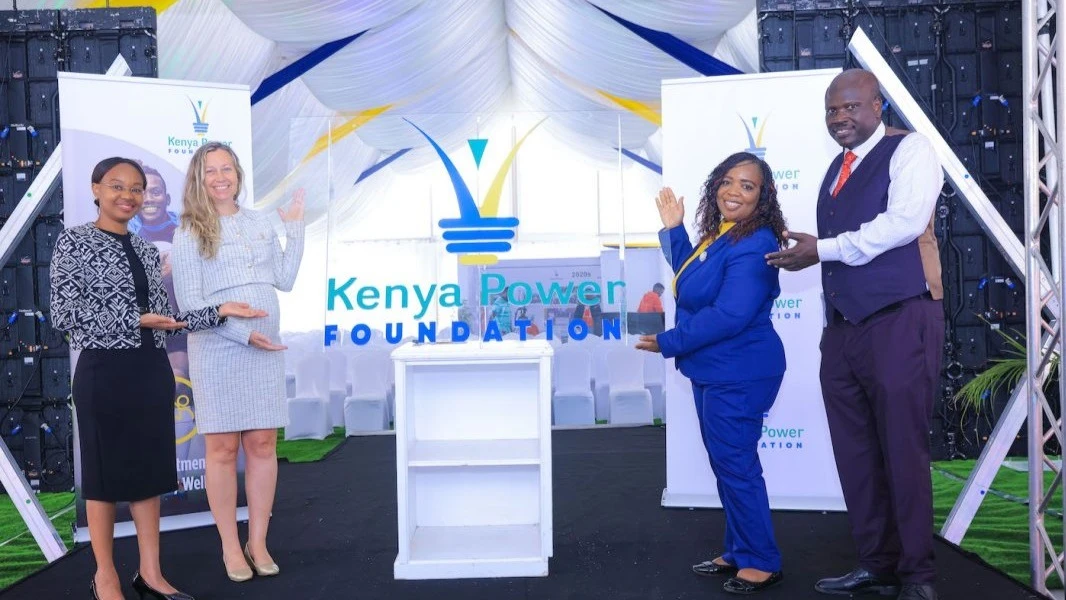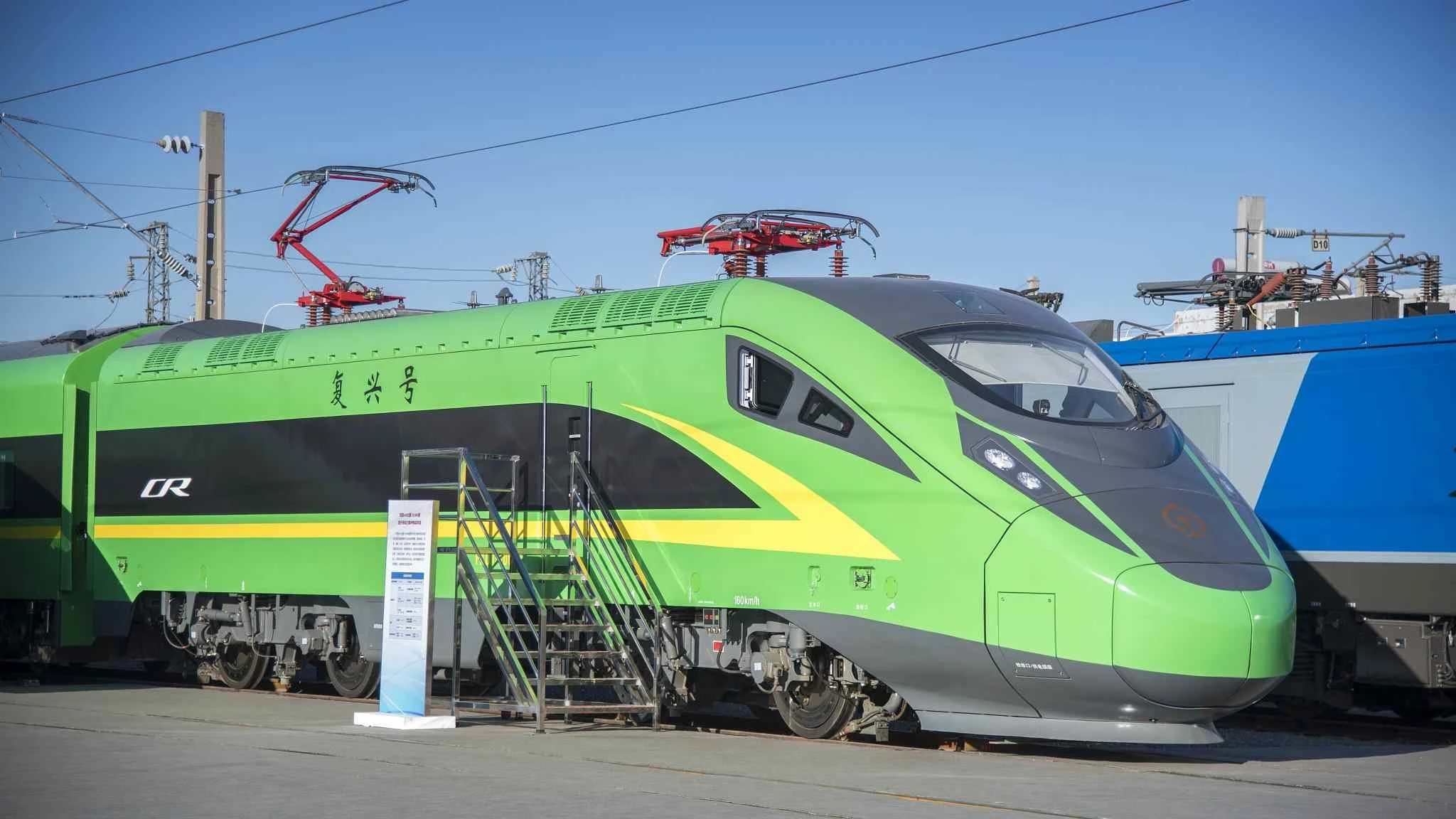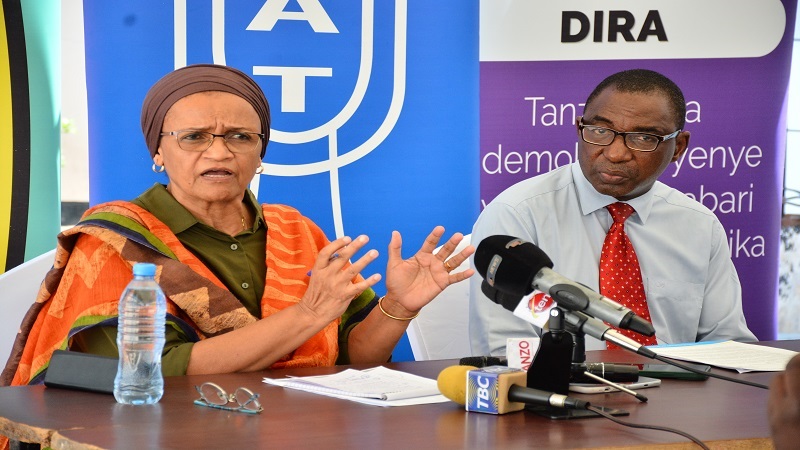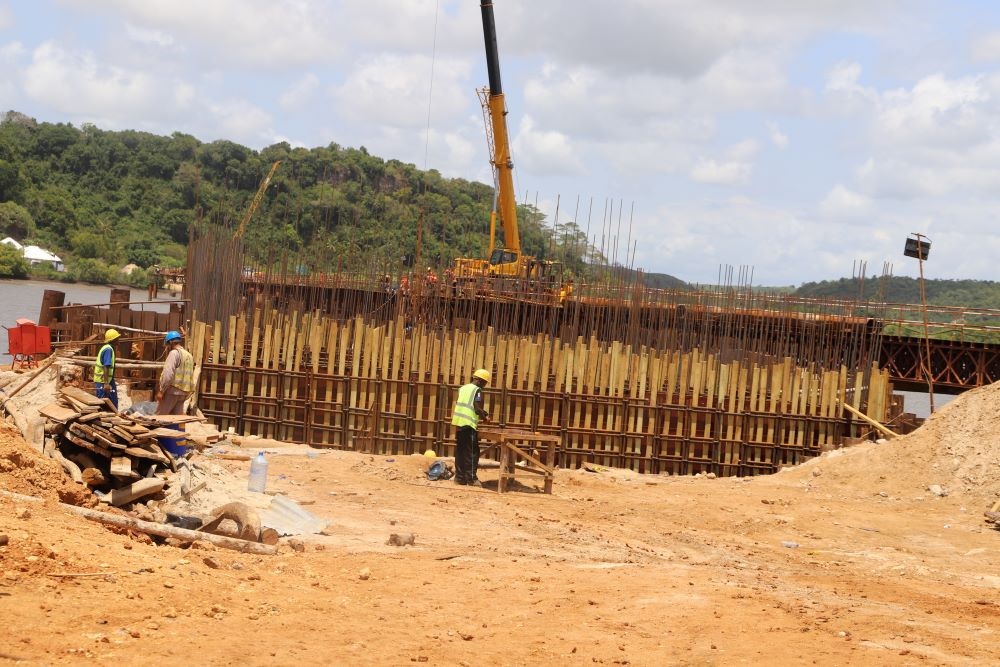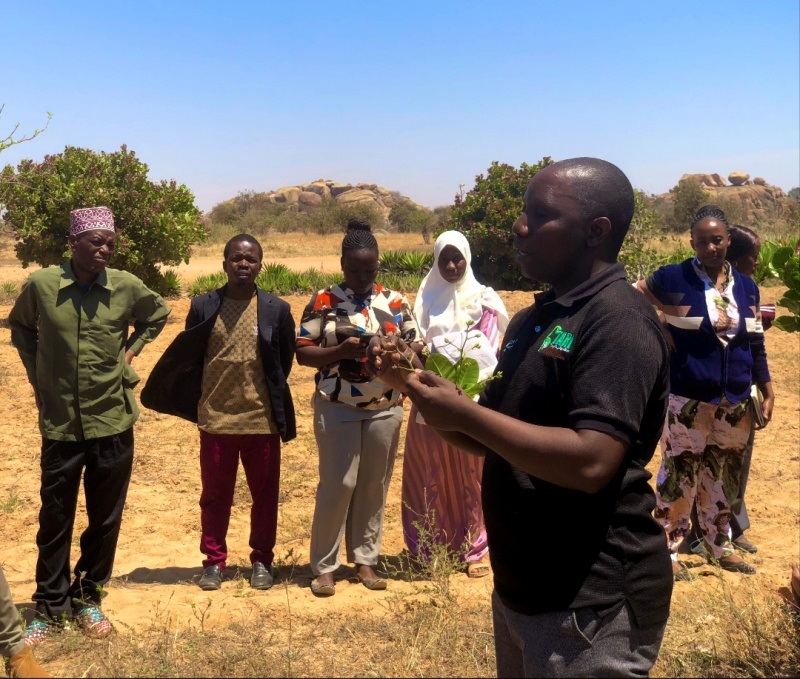Nigeria generating more taxes from companies, but they are leaving

Following his inauguration as President of Nigeria in May 2023, Bola Tinubu announced in his inaugural address that his administration’s industrial policy would leverage a comprehensive range of fiscal tools to boost domestic manufacturing and reduce the country’s reliance on imports. This statement signalled a commitment to promoting economic self-sufficiency and growth through strategic investment in Nigeria’s industrial sector.
He said, “I have a message for our investors, local and foreign: our government shall review all their complaints about multiple taxation and various anti-investment inhibitions.
“Interest rates need to be reduced to increase investment and consumer purchasing in ways that sustain the economy at a higher level. Whatever merits it had in concept, the currency swap was too harshly applied by the CBN given the number of unbanked Nigerians. The policy shall be reviewed. In the meantime, my administration will treat both currencies as legal tender.”
However, since his assumption, policies like the removal of fuel subsidy and devaluation of the Naira in the foreign exchange market have greatly impacted the economy, causing several manufacturing companies to leave the country. A report noted that the sector had lost more than 200 factories between 2015 and 2023 with more than 300 manufacturers delisting as members of the Manufacturers Association of Nigeria (MAN) within the period in view.
Similarly, within the first year of Tinubu’s administration, no fewer than eight multi-international organisations announced their exit with reasons tied to the harsh economic realities of the country.
Some of these companies included GlaxoSmithKline in August 2023, Equinor and Sanofi-Aventis Nigeria Limited in November 2023, Procter & Gamble in December 2023, Bolt Food and Jumia Food in December 2023. Others are Microsoft in May 2024, PZ Cussons Plc in April 2024, Kimberly-Clark as well as the divestment of assets of some oil companies.
Despite the recent exits of several companies from the sector, which were anticipated to lead to a decline in tax revenue, data compiled by Ripples Metrics reveals a surprising trend. Contrary to expectations, Company Income Taxes have increased over the past quarters, indicating a resilience in the sector’s tax contributions that defies initial predictions.
The volatile dollar exchange rate has created a challenging environment for companies, making it difficult for them to access stable foreign exchange, which in turn hinders their ability to maintain stable pricing for production and manufacturing processes. However, data shows that over time taxes have increased during this time.
Between the second quarter of 2023 and 2024 Q2, the total taxes generated from companies was N7.9 trillion which is more than the total CIT generated between 2016 to 2020.
In Nigeria, companies are subject to Corporate Income Tax (CIT) on their profits, with a key distinction in taxation scope: domestic companies are taxed on their worldwide income, whereas foreign companies are only taxed on the income generated within Nigeria.
According to the Nigeria Bureau of Statistics report, in Q2 2023, the CIT generated was N1.6 trillion. The taxes grew to N1.8 trillion in Q3, 2023 but subsequently dropped to N1.1 trillion and N984.61 billion in Q4, 2023 and Q1, 2024 respectively.
In the recent report by the bureau, CIT for Q2 2024 was reported at N2.47 trillion, indicating a growth rate of 150.,83% from N984.61 billion in Q1 2024. Agriculture, forestry and fishing recorded the highest growth rate with 474.50%, followed by Financial and insurance activities and manufacturing with 429.76% and 414.15 respectively.
However, Ripples Metrics gathered that over the nine-year period spanning 2015 to 2024, Nigeria’s tax authorities collected a total of N20.68 trillion in corporate taxes, representing a significant revenue stream for the government.
For more than a year, especially since the assumption of new administrations by both the federal and state governments in May 2023, there have been questions as to how each tier of the government spends the allocations disbursed to them monthly.
The Federal Account Allocation Committee (FAAC) is responsible for reviewing and adopting the allocation of funds to states of the Federation.
The revenue obtained from crude oil, taxes and other statutory revenues are disturbed with a sharing formula that allocates 52.68 per cent to the federal government, 26.72 per cent to states, and 20.60 per cent to local governments.
Since the removal of the fuel subsidy, the allocations to these three tiers of the government have increased by a substantial percentage. For instance, Ripple Metrics reported that in 2023 a total of N3.53 trillion was disbursed to the 36 states and the Federal Capital Territory in 2023.
But a closer look at the data showed the allocation which was around N785 billion in the first quarter of 2023 increased in the subsequent quarter after the removal of the fuel subsidy. For the second and third quarters, N882.76 billions and N996.66 billion was shared. While, N946.49 billion was allocated in the last quarter of 2023.
This allocation has equally increased in 2024 with a total of N12.45 trillion distributed to the federal, state and local government between January and June 2024.
Very recently, a ruling by the Supreme Court granted financial autonomy to the 774 local government councils in the country, as it decreed that it is unconstitutional for state governors to withhold funds allocated to local governments, paving the way for the councils to manage their finances and make independent decisions about their expenditures.
Ripples Metric reported that between June 2023 and May 2024, a total of N3.05 trillion was disbursed to the 774 local governments as FAAC allocation. This means that the average allocation the local governments got for every month was N254.51 billion for the period under review.
However, in this report, RippleMetrics takes a closer look at Nigeria’s pressing challenges and conducts a thought experiment: what if the funds allocated to one level of government were redirected towards addressing these key issues? By comparing the two, we explore the potential impact of reallocating resources to tackle Nigeria’s most pressing problems.
Some of these challenges include accessibility to electricity, healthcare, education and good water supply.
An Energy Progress Report released in 2022 said that Nigeria has the lowest access to electricity globally, with about 92 million persons out of the country’s 200 million population lacking access to power. On healthcare, a report released by The ONE Campaign, reveals that health systems in 18 Nigerian states are weak, resulting in poor healthcare service delivery, especially in public facilities.
On education, UNICEF data says that one in every five of the world’s out-of-school children is in Nigeria, while about 67 per cent of Nigerians have access to basic drinking water supply services.
For instance, the total allocation disbursed to only the local government between January and June 2024 was N1.98 trillion, according to the Nigerian Bureau of Statistics report. Using allocation from Nigeria’s budget as a benchmark, Ripple Metrics created a hypothesis, assuming this allocation for the local government is redirected to solving challenging issues in the country.
With a cost rate of N10 million for 21 500kva/11/0.400kv with 11km line, the allocation to the LGAs can provide over 19,000 transformers around various communities in Nigeria increasing their chance of electricity supply.
For healthcare, with the standard of N500 million as outlined by the World Health Organisation (WHO) for the establishment of an averagely equipped primary healthcare centre facility, the allocation can provide over 3900 PHCs in Nigeria to improve healthcare.
Similarly, with a cost rate of N60 million for the construction of school classrooms, the allocation can provide over 33,000 classrooms for students across Nigeria. While with a unit cost of N18 million for motorised boreholes, the allocation can provide more than 110,000 boreholes in various communities that have poor access to water supply.
Top Headlines
© 2024 IPPMEDIA.COM. ALL RIGHTS RESERVED











